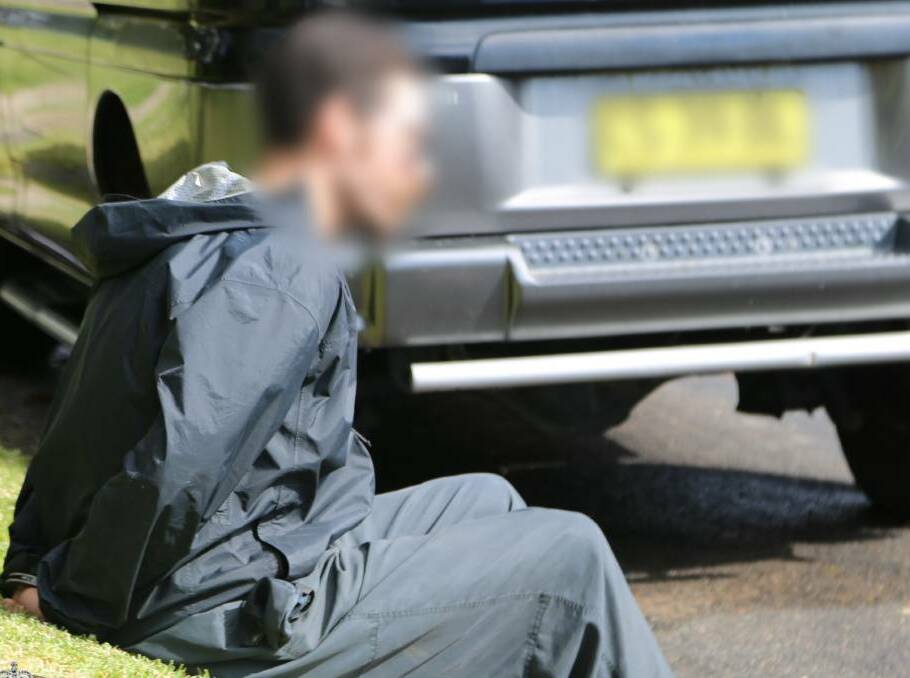
SLEEP deprived, drug-addled and in a "bizarre" relationship with his ex-partner, Justin Dilosa formed a "ludicrous" plan that he could "fix" the murder of Danielle Easey and falsely confessed to an associate that he was responsible for her killing, a jury has heard.
And Mr Dilosa's story about falling asleep in his van on the night of the murder, which a prosecutor said on Wednesday "defies logic" and should be rejected, is not so unbelievable when you consider the accused killer had been using ice for three or four days and had not slept, Public Defender Angus Webb said on Friday.
And Mr Webb, during his detailed closing address, said it was crucial the jury not put the evidence of the many witnesses, including Mr Dilosa, in the context of "normal people" who make logical decisions because all those significantly involved in the case were "ice addicts, who do not think or behave normally".
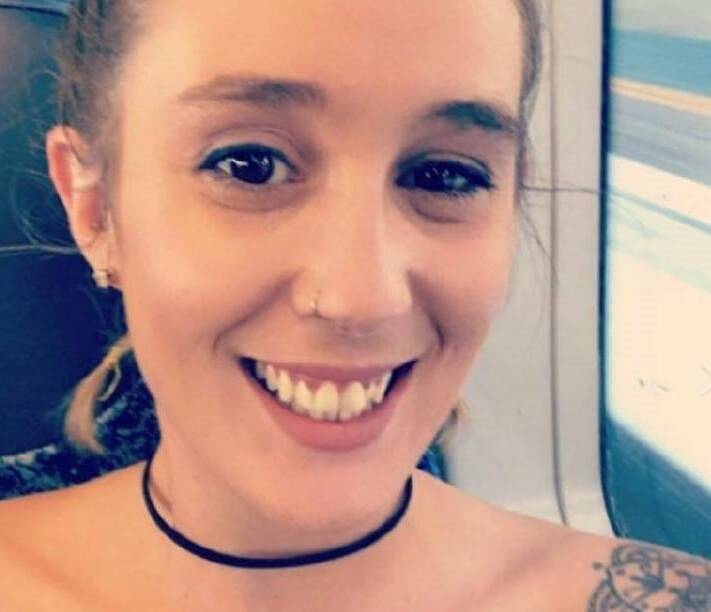
Mr Dilosa, now 37, has pleaded not guilty to murdering Ms Easey and is nearing the end of a four-week trial in NSW Supreme Court.
He denies being involved in Ms Easey's killing and says his ex-partner, Carol McHenry, acted alone in stabbing and striking Ms Easey in the head with a hammer at a home in Reeves Street, Narara on August 17, 2019, while he was asleep in his van outside.
Mr Dilosa does admit to participating in the cover-up and dumping of Ms Easey's body and has pleaded guilty to being an accessory after the fact.
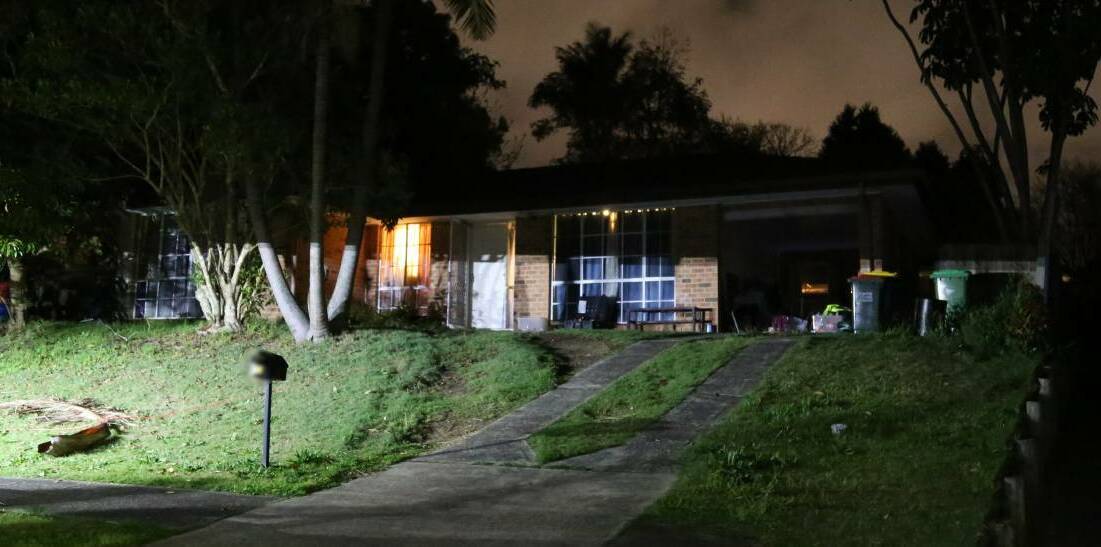
Mr Webb spent much of his closing address on Friday attacking the evidence of key witness, Jeremy Princehorn, who said Mr Dilosa showed him Ms Easey's body in the house at Narara before both Ms McHenry and Mr Dilosa confessed to her killing.
Mr Webb said Mr Princehorn's evidence was "full of contradictions" and "it was a lottery" what he was going to say compared to his police interview and the evidence he gave during prior proceedings.
Mr Webb pointed out the first time he was asked about the conversation at the Narara house, Mr Princehorn did not mention Mr Dilosa confessing.
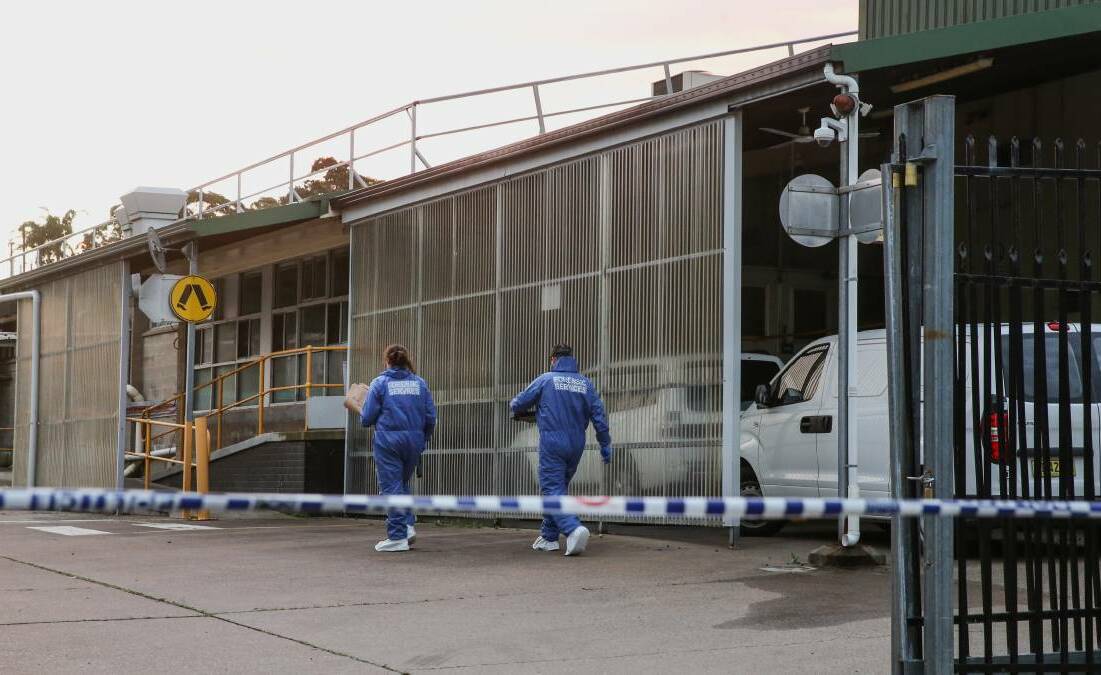
Later, he said both Mr Dilosa and Ms McHenry "told him they did it", which the prosecution claims was a legitimate confession from Mr Dilosa, given there was no reason for him to take responsibility for anything Ms McHenry had done when only talking to a friend.
But Mr Webb told the jury at the point of discovering Ms Easey's body in the bedroom at Narara, Mr Dilosa had already formed an intent to try to "fix" what happened.
"What a ludicrous proposition of course," Mr Webb said. "Is it stretching the relationship that this is a man who was prepared, despite what he had seen, who would think in his sleep deprived and drug-addled state and with this bizarre relationship with Ms McHenry that he could somehow fix it? Is that stretching it too far? I submit to you it is not. Somehow he can do something to help. So he what he does is walk into the room and says he did it."
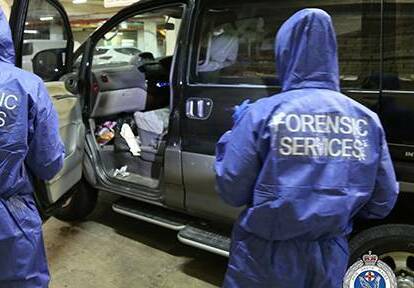
During his closing address on Wednesday, Crown prosecutor John Stanhope took the jury through the chronology of Mr Dilosa's and Ms McHenry's eight or nine month relationship, which ended a year before the murder, and said most of the time in the lead-up to the killing Mr Dilosa had had no contact with Ms McHenry.
"Think carefully about the nature of that relationship," Mr Stanhope said. "The relationship between Mr Dilosa and Ms McHenry and her children. It is not submitted there is no residual affection. But what is submitted is that when you drill down into the reality of that chronology and think about the people involved it is so incredible to think that Mr Dilosa would say and think to himself "I am going to take responsibility for Carol having killed someone". It is totally out of proportion and you should reject it."
Justice Deborah Sweeney is expected to sum up the evidence in the case next week before the jury retires to begin determining Mr Dilosa's fate.








